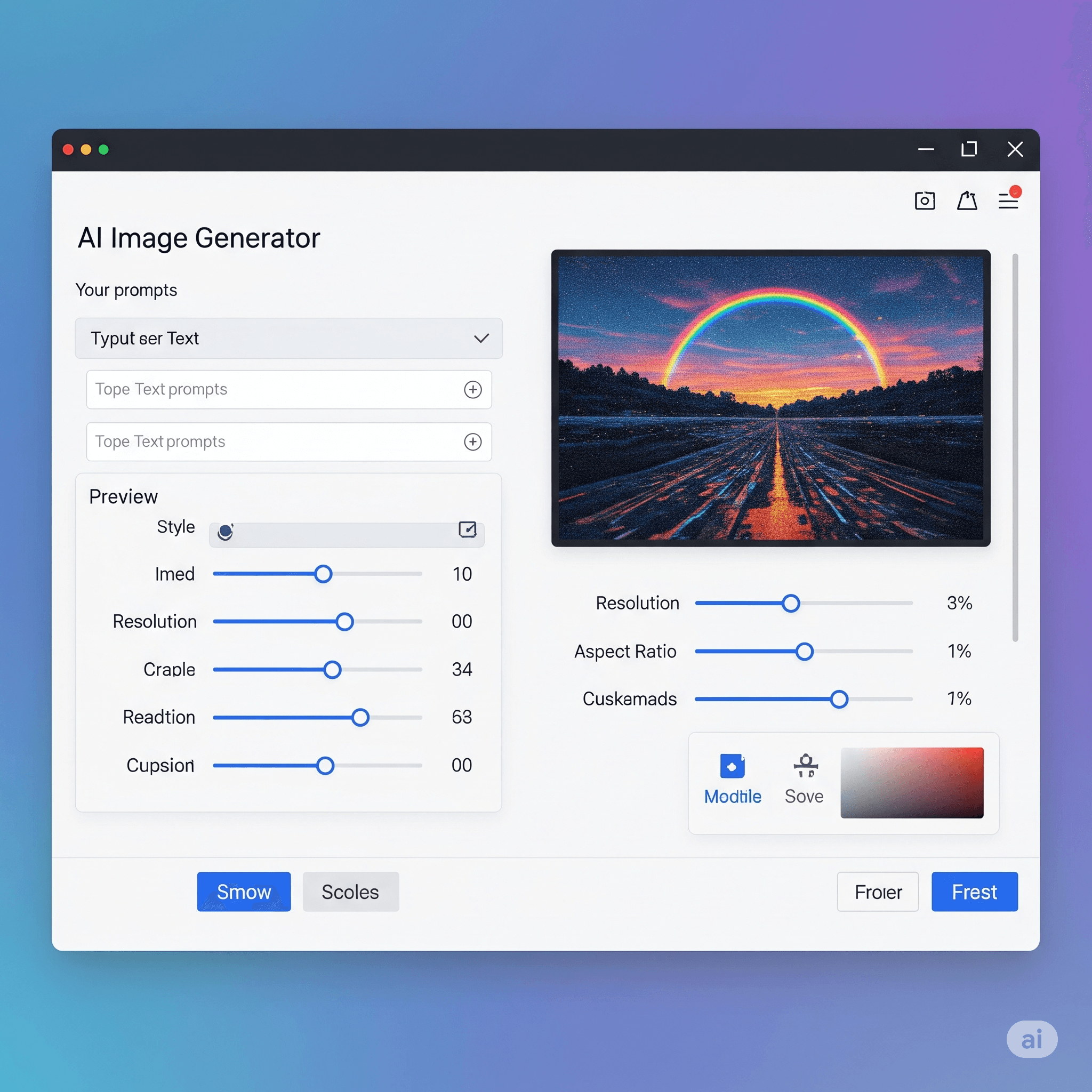Question: What is cross-compiler ?
Answer:
A cross-compiler is a type of compiler that runs on one platform or architecture (the host platform) and generates executable code for a different platform or architecture (the target platform). It allows developers to write and compile code on one system and produce executable files that can run on a different system or architecture.
The need for cross-compilers arises when there is a requirement to develop software for a platform that is different from the one on which the development environment is running. This can occur in scenarios such as:
1. Embedded systems: In embedded systems development, cross-compilers are often used to compile software for microcontrollers or specialized hardware platforms where the development environment may not be available or practical.
2. Platform portability: Cross-compilers enable software developers to write code on one operating system (such as Windows) and compile it for another operating system (such as Linux or macOS) without the need for separate development environments.
3. Performance optimization: Cross-compilers can be utilized to optimize code for specific hardware architectures. Developers can use the host system's resources to compile code with specific optimizations for the target platform, resulting in improved performance.
Cross-compilers are particularly useful in scenarios where the target platform has limited resources or different hardware architecture, making it impractical or impossible to compile code directly on that platform.
By using a cross-compiler, developers can write and test code more efficiently, improve development workflows, and create software that can be executed on various platforms without the need for multiple development environments.
MCQ: A cross-compiler is a
Explanation:
A cross-compiler is a type of compiler that runs on one platform or architecture (the host platform) and generates executable code for a different platform or architecture (the target platform). It allows developers to write and compile code on one system and produce executable files that can run on a different system or architecture.
The need for cross-compilers arises when there is a requirement to develop software for a platform that is different from the one on which the development environment is running. This can occur in scenarios such as:
1. Embedded systems: In embedded systems development, cross-compilers are often used to compile software for microcontrollers or specialized hardware platforms where the development environment may not be available or practical.
2. Platform portability: Cross-compilers enable software developers to write code on one operating system (such as Windows) and compile it for another operating system (such as Linux or macOS) without the need for separate development environments.
3. Performance optimization: Cross-compilers can be utilized to optimize code for specific hardware architectures. Developers can use the host system's resources to compile code with specific optimizations for the target platform, resulting in improved performance.
Cross-compilers are particularly useful in scenarios where the target platform has limited resources or different hardware architecture, making it impractical or impossible to compile code directly on that platform.
By using a cross-compiler, developers can write and test code more efficiently, improve development workflows, and create software that can be executed on various platforms without the need for multiple development environments.
Discuss a Question
Related Questions
- 1. Basic XML can be described as:
- 2. WiFi is a short name for ___________
- 3. Responsibility of implementation of IT/ITeS Policy lies with
- 4. In India Subject to a ceiling of Rs. 25 crores, Capital Subsidy for Horizontal IT/ITeS Parks shall be
- 5. Match the following terms: <img src="http://examradar.com/wp-content/uploads/2017/02/web-internet-fundamental-mcq-7.png" alt="web-internet-fundamental-mcq-7" width="824" height="226" class="alignnone size-full wp-image-5283" />
- 6. In As per IT/ITeS Policy (2016-21), term BPO refers to
- 7. What is DigiLocker and What is a DigiLocker used for?
- 8. Match the following terms: Applicable to india <img src="http://examradar.com/wp-content/uploads/2017/02/web-internet-fundamental-mcq-8.png" alt="web-internet-fundamental-mcq-8" width="870" height="233" class="alignnone size-full wp-image-5284" />
- 9. Match the following terms: <img src="http://examradar.com/wp-content/uploads/2017/02/web-internet-fundamental-mcq-9.png" alt="web-internet-fundamental-mcq-9" width="829" height="196" class="alignnone size-full wp-image-5285" />
- 10. Which of the following is an anti-virus program
You may be interested in:
WEB Internet Fundamental Online Tests






